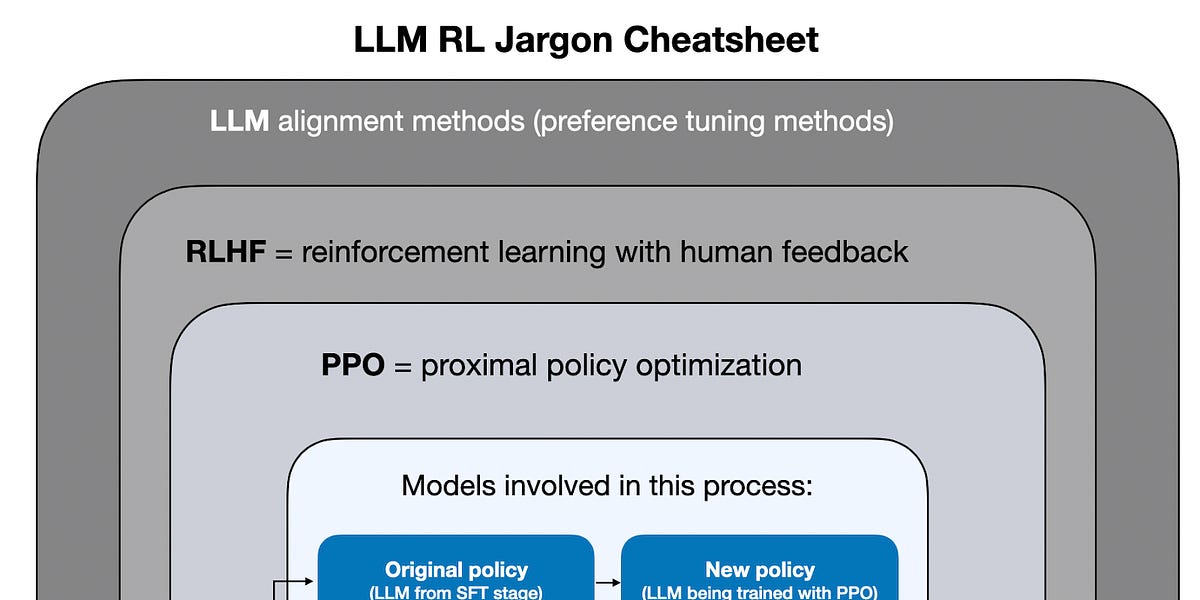JavaScript can run AI models directly in the browser, reducing server load and enabling real-time interactivity.

A few months ago, Andrew Ng, the founder of DeepLearning.AI, came up with a course on building LLM apps with LangChain.js. It focussed on creating context-aware LLM applications, and pointed at how a programming language which rules the web development market has the potential to build AI applications.
A few weeks ago, two senior developers, Tejas Kumar and Kevin Ball, came together to release a new course on building LLM agents in JS. They explored different ways to use JavaScript for building agents, leveraging libraries like TensorFlow.js.
JavaScript, which is mostly used for web development, can run AI models directly in the browser, reducing server load and enabling real-time interactivity. This is particularly useful for applications that require instant feedback or continuous updates, such as chatbots or real-time analytics.
JavaScript is the future of AI SaaS.
But why is it the best choice?
Here's how JavaScript can help you develop AI tool:
——-
I've always been a big fan of JavaScript as a programming language, but that doesn't mean you can't learn other popular languages like Python, PHP,… pic.twitter.com/1wnjSsSToS
When we consider using JavaScript for AI development, frameworks like Node.js and Next.js have more relevance as they offer access to the NPM ecosystem and APIs. This way, accessing ML libraries and building AI applications gets easy.
TensorFlow.js is Here
TensorFlow.js plays a crucial role in enabling AI development with JavaScript by bringing AI capabilities directly to web browsers and Node.js environments.
TensorFlow.js supports deploying generative models like VAEs and GANs in the browser, enabling interactive applications for generating new content like images or music.
For example, the DCGAN (Deep Convolutional GAN) can be used to generate realistic images. Developers can create interactive applications where users can adjust latent space vectors to generate and manipulate images in real-time.
Another good example of VAEs is Google’s Magenta project. It provides TensorFlow.js implementations of various music generation models, including MusicVAE and MelodyRNN. These models can be used to create interactive music composition tools that run entirely in the browser.
Interestingly, due to its lightweight nature, in 2022, LinkedIn chose TensorFlow.js over Python because it’s faster than Python on the backend via Node.js.
JavaScript can Make AI Chatbots Better
Apart from AI-powered libraries, JavaScript can also be used to build chatbots which can understand human intent better with its natural language processing abilities.
Shoaib F, a full-stack developer, highlights JavaScript’s significance in AI chatbot development. Chatbots can leverage NLP to understand and interpret user input, and ML to improve their responses over time.
JavaScript’s versatility makes it well-suited for implementing these AI techniques, allowing developers to create intelligent and responsive chatbots that can be easily integrated into web applications and provide seamless user experiences.
“They are used by businesses to provide customer support, collect feedback and lead generation. JavaScript is used to develop the user interface of the chatbot and to manage the interaction between the chatbot and the user,” he added.
JavaScript can be used in web applications, which means you can create an AI application that works in the browser quickly and easily. But the most important part here is JavaScript, by its nature is scalable and that makes it ideal for creating AI applications that can process large amounts of data in real-time.
Why JavaScript Can’t Replace Python for AI?
Python is by far the most widely used programming language for AI/ML development. There’s just no equivalent ecosystem of Python libraries and frameworks, such like Pandas, TensorFlow, Keras, Jupyter notebooks, etc., for JavaScript.
A user on Reddit said, “A majority of AI/ML work is usually exploratory work – loading data sets, manipulating them, building models, evaluating their accuracy, exploring how they perform. That’s what Python excels at,” suggesting why Python can not be replaced by JavaScript.
JavaScript for AI development is still a fresh concept and in the future, there will be more courses, libraries, and support for JavaScript developing AI applications. It will make development easy for integrating AI models into web applications.
For someone who is familiar with JavaScript and wants to get into AI development, TypeScript can be a great option as it is a superset of JavaScript but is used to develop AI as well.
Sagar Sharma
A software engineer who loves to experiment with new-gen AI. He also happens to love testing hardware and sometimes they crash. While reviving his crashed system, you can find him reading literature, manga, or watering plants.
Subscribe to The Belamy: Our Weekly Newsletter
Biggest AI stories, delivered to your inbox every week.
Rising 2024 | DE&I in Tech Summit
April 4 and 5, 2024 | 📍 Hilton Convention Center, Manyata Tech Park, Bangalore
Data Engineering Summit 2024
May 30 and 31, 2024 | 📍 Bangalore, India
26 July 2024 | 583 Park Avenue, New York
MachineCon GCC Summit 2024
June 28 2024 | 📍Bangalore, India
Nov 21-22 2024 | 📍Santa Clara Convention Center, California, USA
September 25-27, 2024 | 📍Bangalore, India
![]()
Our Discord Community for AI Ecosystem, In collaboration with NVIDIA.

 7 months ago
177
7 months ago
177








